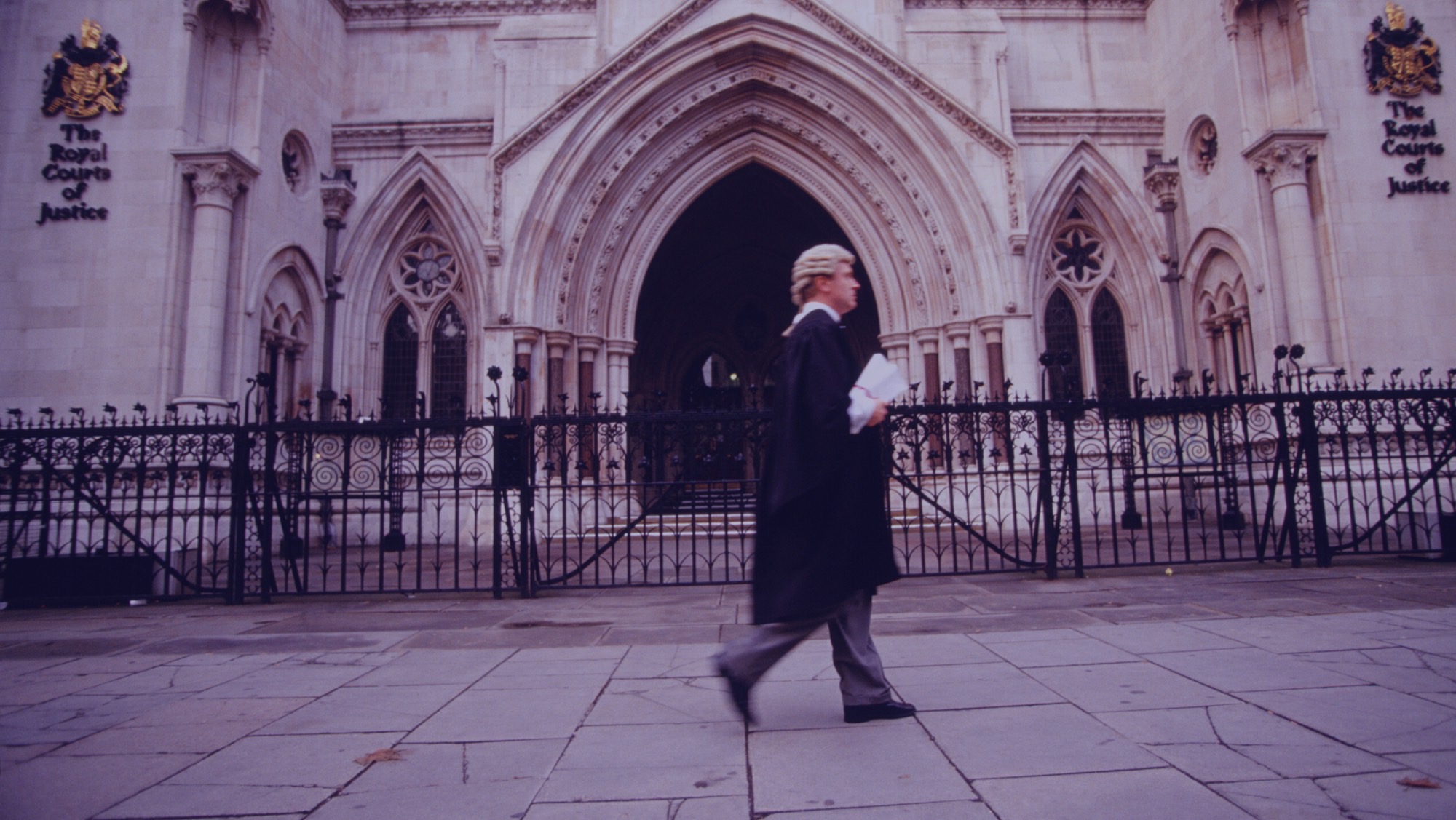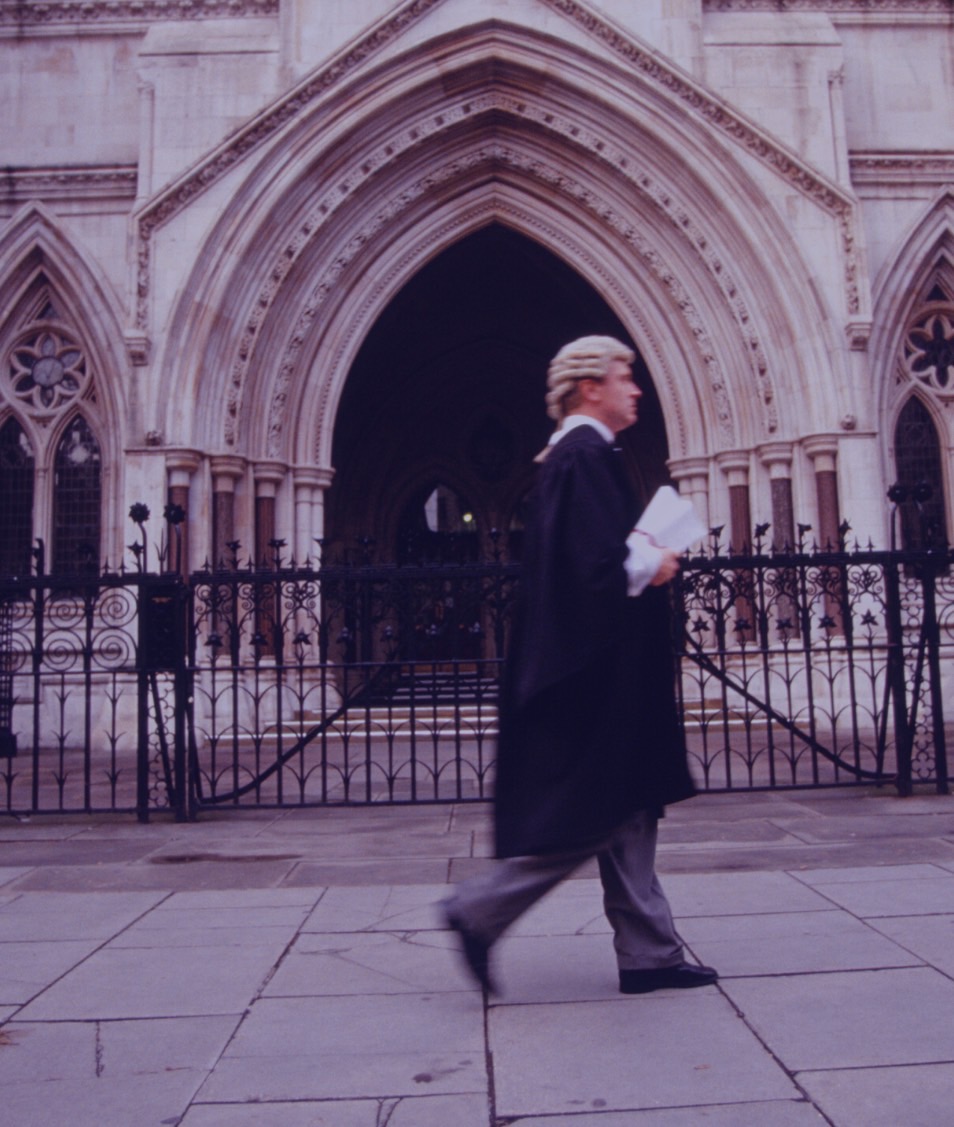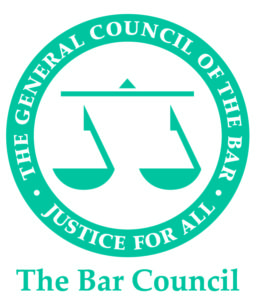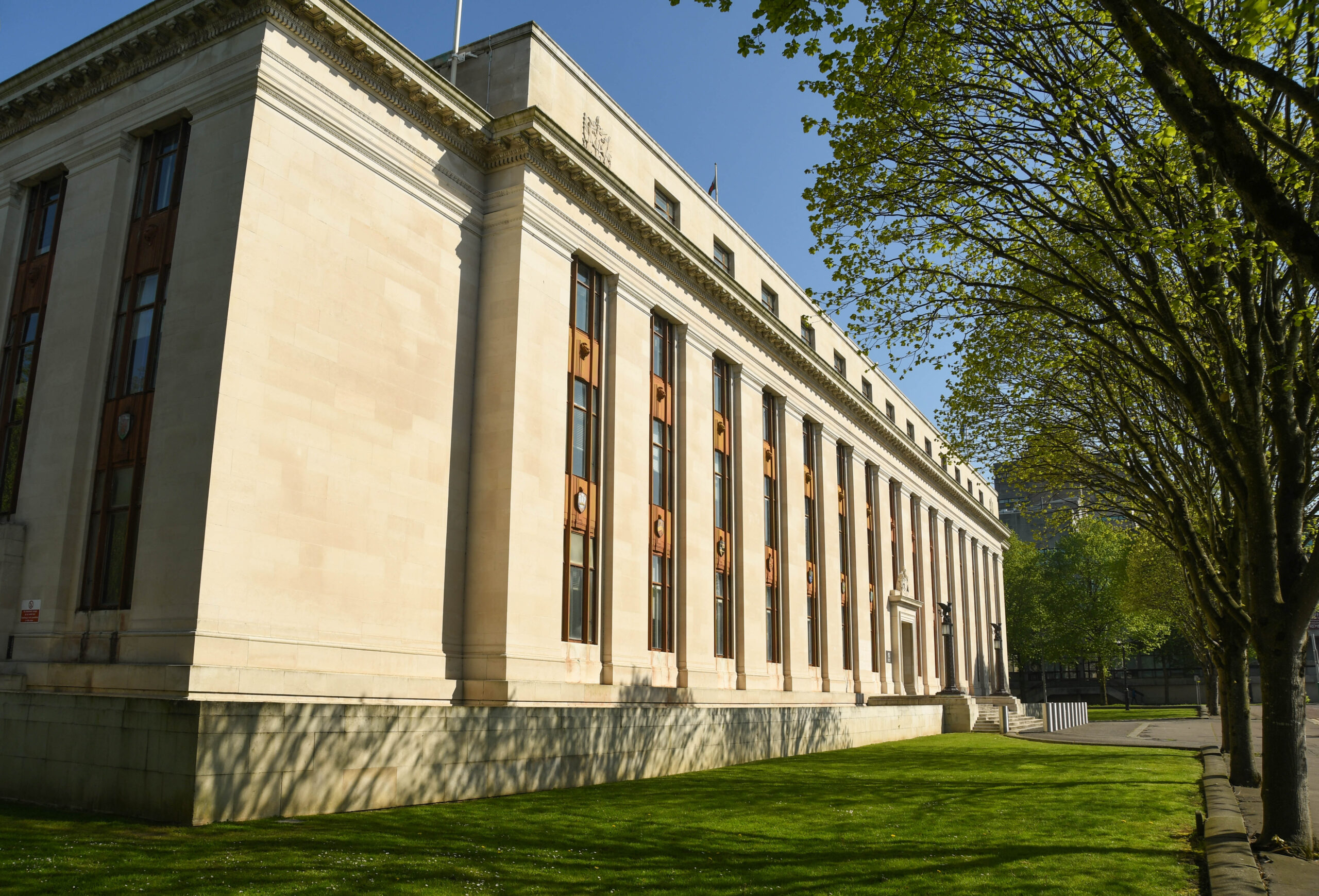The Bar Council has released findings of a survey undertaken with Heads of Chambers to help understand the immediate impact that Coronavirus is having on the profession and individuals.
It surveyed 262 of the largest chambers at the end of March, of which 145 (55%) have responded to date. (Chambers with 5 or more practitioners were surveyed.)
The top three concerns by leadership in sets are:
- Interruption to court work (90% of respondents)
- Inability to generate income to pay future costs
- Cash flow (or lack thereof) to pay current costs
Other key issues:
Short-term sustainability of the Bar – specifically whether chambers could survive without financial aid if the current circumstances were to persist, stating:
- 55% of all chambers cannot survive six months, and 81% cannot survive 12 months.
- Less than 25% plan to take up the Government CBILS loan scheme at this point; there is considerable uncertainty over qualifying for the scheme, its terms and the level of resultant debt.
- 30% are changing their plans for pupillage starting in 2020 or 2021 (and will or may not be taking pupils as planned in 2020 or 2021); a further 24% are currently unsure and continue to review the position, meaning that further pupillages are also at risk.
The criminal Bar is the most affected part of the Bar, reporting that:
- 67% of chambers cannot survive six months without financial aid.
- 90% cannot survive 12 months without financial aid.
- 60% are already furloughing clerks and/or other staff, and others are likely to.
- 51% are taking urgent measures e.g. renegotiating or giving notice on leases.
- Only 27% intend to apply for the loan/overdraft under the CBILS at present.
- 36% are changing their plans for pupillage starting in 2020 or 2021 (and will or may not be taking pupils as planned in 2020 or 2021); a further 22% are currently unsure and continue to review the position, meaning that further pupillages are also at risk.
Long-term sustainability & diversity issues
The current financial relief does not address the problems faced by the Bar. Most significantly, it excludes the categories below. This will impact individual barristers and the sustainability of chambers. It will particularly affect diversity and social mobility within the profession immediately and for the future.
- Pupils and the most junior tenants (starting tenancy in 2019) are not eligible for hardship relief.* Juniors within the first three years of practice are particularly vulnerable if chambers fail as they are prohibited from practising independently by the regulator. Unlike many other self-employed people, junior tenants have significant outgoings by virtue of their liabilities to chambers.
- Those on/returning from parental or adoption leave will be badly impacted. They may lack tax returns for the 2018/2019 tax year or will have very low income over the relevant period. They will have no basis for higher monthly relief under the Scheme.
- The current relief does not take account of the significant costs which primary carers incur in order to practice at the Bar. Childcare costs are not deductible from profits, so practitioners whose gross income exceeds £50k but who have high childcare costs in order to work, will not be eligible for relief.
- The publicly funded Bar is more diverse than other areas. Its particular vulnerability means that barristers from more diverse backgrounds (including women and BAME practitioners) are most disadvantaged by the current crisis.
Recommendations by the Bar Council:
Sustainability – supporting junior/vulnerable practitioners, to:
- Extend self-employed relief to those groups above without 12 months of receipts.
- Permit them to rely on 2019/2020 tax returns/letters from chambers/fewer months of receipts/permit them to use practising certificates to prove their status and earnings.
- Childcare costs to be deductible as expenses of self-employment for the purposes of calculating eligibility for relief.
Cash flow
- The LAA must enable accelerated payment before the end of the case, for work done, as a matter of priority.
- However, this is only a short-term solution. The AGFS model means that payment is contingent on trial. The lack of trials means that advocates will struggle in the medium term even if their aged debt is paid immediately.
Chambers
The survival of chambers is integral to ensuring access to justice. Financial support is required if the collapse of chambers is to be avoided.
____
(* First six pupils are not categorised as employed/self-employed; other pupils and new tenants do not have a 2018/2019 tax return as required.)








